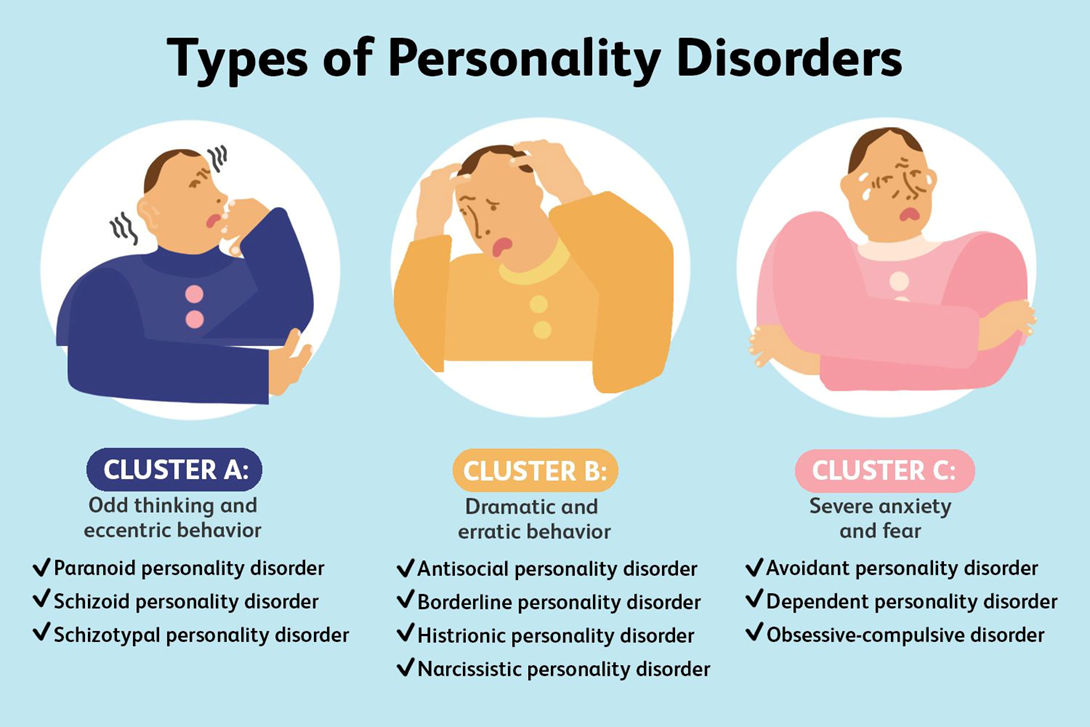A nurse is interviewing a client who has a personality disorder. The nurse and client have agreed on an interview time, but the client resists discussing her feelings until 5 minutes prior to the end of the session and then asks for additional time. Which of the following actions should the nurse take?
Extend the scheduled time, as the client is finally able to discuss important feelings.
End at the scheduled time, telling the client that he can continue at the next scheduled session.
Arrange for another nurse to continue the interview.
Set an extra meeting time to discuss the client's feelings.
The Correct Answer is B
Choice A reason: Extending the scheduled time could reinforce the client's resistance to discussing feelings until the end of the session, which is not therapeutic.
Choice B reason: Ending at the scheduled time maintains boundaries and structure, which are important in the therapeutic relationship, especially with clients who have personality disorders.

Choice C reason: Arranging for another nurse to continue the interview may disrupt the continuity of care and the therapeutic relationship.
Choice D reason: Setting an extra meeting time could be considered if the client's needs are urgent, but it is not the best option in this scenario as it may reinforce avoidance behaviors.
Nursing Test Bank
Naxlex Comprehensive Predictor Exams
Related Questions
Correct Answer is C
Explanation
Choice A reason: Grandiosity is not typically associated with histrionic personality disorder; it is more commonly seen in narcissistic personality disorder.
Choice B reason: Being preoccupied with details is not a characteristic of histrionic personality disorder; it is more aligned with obsessive-compulsive personality disorder.
Choice C reason: Individuals with histrionic personality disorder may exhibit seductive behavior as a means of seeking attention and affirmation from others.
Choice D reason: Callousness towards others is not a typical feature of histrionic personality disorder; it is more indicative of antisocial personality disorder.
Correct Answer is C
Explanation
Choice A reason: Using the incentive spirometer is important, but it is not specifically related to deep breathing and coughing exercises.
Choice B reason: Breathing deeply and coughing every 4 hours is part of postoperative care, but it does not indicate understanding of the technique to protect the incision.
Choice C reason: Splinting the incision with a pillow while coughing is a recommended technique to support the incision and reduce pain during coughing, indicating an understanding of the instructions.
Choice D reason: Lying flat is not recommended for deep breathing and coughing exercises as it can inhibit lung expansion and is not conducive to effective coughing.
Whether you are a student looking to ace your exams or a practicing nurse seeking to enhance your expertise , our nursing education contents will empower you with the confidence and competence to make a difference in the lives of patients and become a respected leader in the healthcare field.
Visit Naxlex, invest in your future and unlock endless possibilities with our unparalleled nursing education contents today
Report Wrong Answer on the Current Question
Do you disagree with the answer? If yes, what is your expected answer? Explain.
Kindly be descriptive with the issue you are facing.
